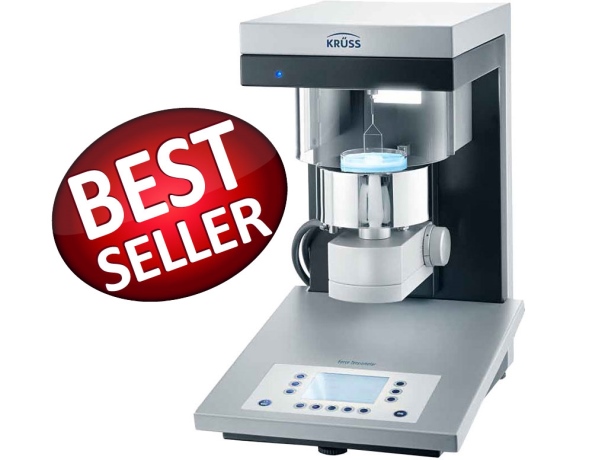Tensiometers are instruments used to measure the tension or stress in materials, typically fluids or solids. They find applications across various fields, including:
Uses of Tensiometers
Geotechnical Engineering: They are used to measure the tension in soils, helping in the analysis of soil stability, slope stability, and foundation design.
Agriculture: In agriculture, tensiometers are employed to monitor soil moisture levels, aiding in irrigation management and optimizing water usage for crop growth.
Material Science: They are utilized to measure surface tension in liquids, which is crucial in understanding the behavior of materials like polymers, surfactants, and colloids.
Pharmaceuticals: In pharmaceutical manufacturing, tensiometers are used to measure the surface tension of liquid formulations, ensuring consistency and quality control in drug production.
Paper and Pulp Industry: Tensiometers help in monitoring and controlling the surface tension of liquid solutions used in papermaking processes, influencing factors like ink adhesion and print quality.
Chemical Engineering: Tensiometers play a role in studying the properties of liquids and interfaces, aiding in the design and optimization of processes like emulsification, foaming, and wetting.
Biomedical Research: Used to study the surface tension of biological fluids and tissues, contributing to research in areas such as lung function, cell biology, and biomaterials.
Oil and Gas Industry: Tensiometers find application in monitoring and controlling the surface tension of fluids used in drilling and extraction processes, helping to optimize efficiency and minimize environmental impact.
